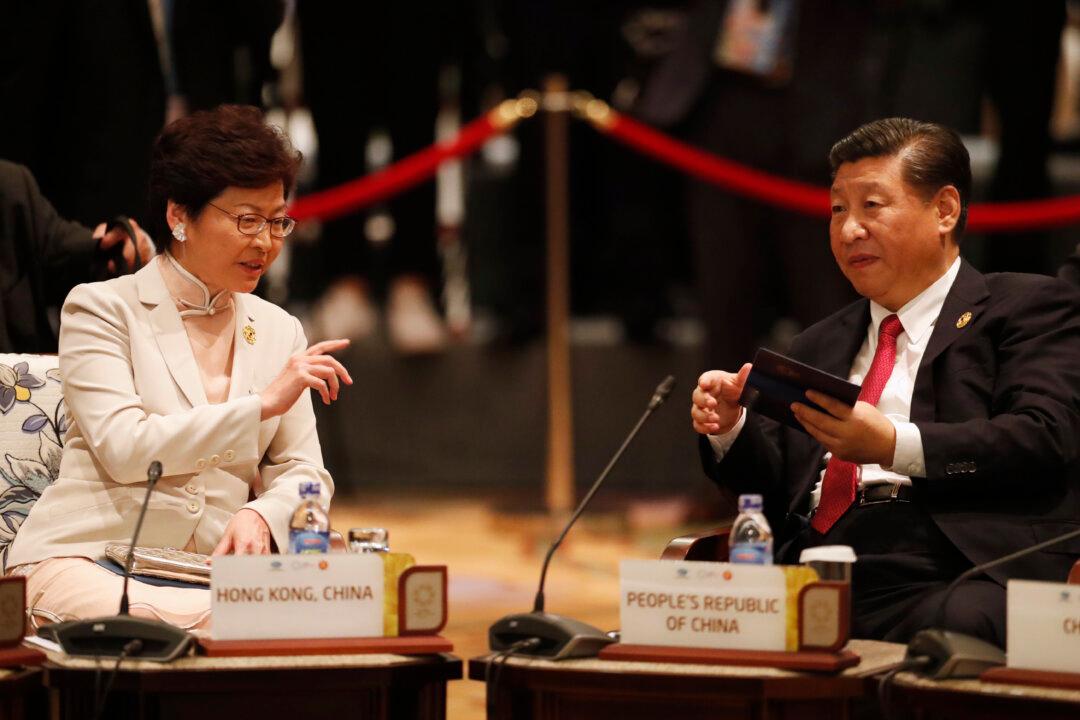The ongoing Hong Kong protests have posed one of the largest political challenges for Beijing.
The Chinese Communist Party leadership is scrambling to resolve the crisis before Oct. 1, the Party’s 70th anniversary of its takeover of China, according to an insider source in Hong Kong. Meanwhile, citizens prepare more strikes, rallies, and demonstrations to pressure the Hong Kong government into withdrawing a proposed extradition bill they believe embodies Beijing’s ever-increasing encroachment on the city’s affairs.





